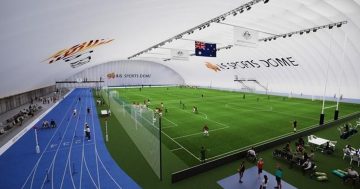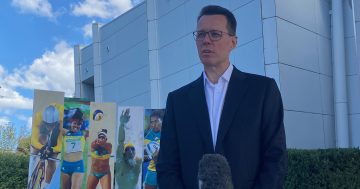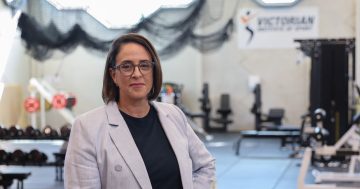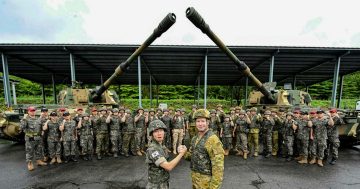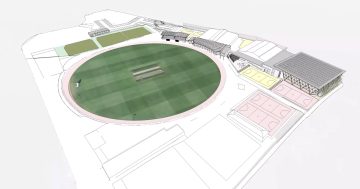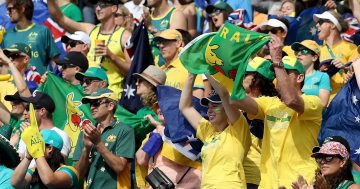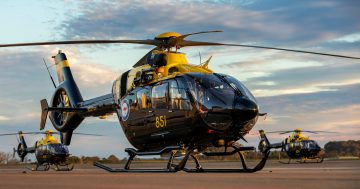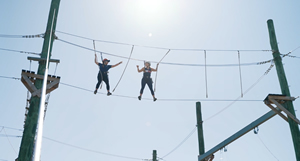 The Australian Institute of Sport (AIS) and the Australian Army have joined forces to give athletes the opportunity to broaden their training in resilience, leadership and teamwork.
The Australian Institute of Sport (AIS) and the Australian Army have joined forces to give athletes the opportunity to broaden their training in resilience, leadership and teamwork.
Performance Services Lead at the AIS, Ross Smith said the pilot program, to take place in Canberra, was an immersive educational experience and would expose athletes to problem-solving, communication and performance under stress in safe but unfamiliar environments.
“The AIS and Australian Army have the common goal of optimising human performance and National Sporting Organisations will have the opportunity to request the new program as part of their high-performance camps experience at the AIS in Canberra,” Mr Smith said.
“The experience is designed to challenge athletes and force them to analyse how they self-regulate stress, lead and communicate within a team,” he said.
“The AIS is a very broad training facility; we have options of utilising not only the facilities and skilled staff on campus but by linking up with the Australian Army, we also get the benefit of using their facilities in the Canberra region to help athletes.”
Mr Smith said the key to the program, and AIS’s partnership with the Australian Army, was the ability to test athletes outside their normal environment.
“If an athlete is in their normal environment, they are normally used to [the associated stresses] and can handle it,” he said.
“The only extreme pressure they normally experience is in major competitions and you don’t want to practise in a major competition.”
He said athletes would learn techniques to help them achieve better outcomes in future competition and training by practicing in a different and challenging environment.
Staff Officer in the Army’s Human Performance Cell, Major Emma Williams said the pilot program drew on the parallels between athletes and soldiers.
“We’re using Royal Military College staff to deliver the Leadership Reaction Course activities that we traditionally run cadets through,” Major Williams said.
“War and sport are obviously quite different but the emotional regulation that is needed is the same; it’s about practising the cognitive techniques so that when you are in a situation, whether it be competition or out on the battlefield, you’re able to regulate those stress responses and achieve the mission,” she said.


